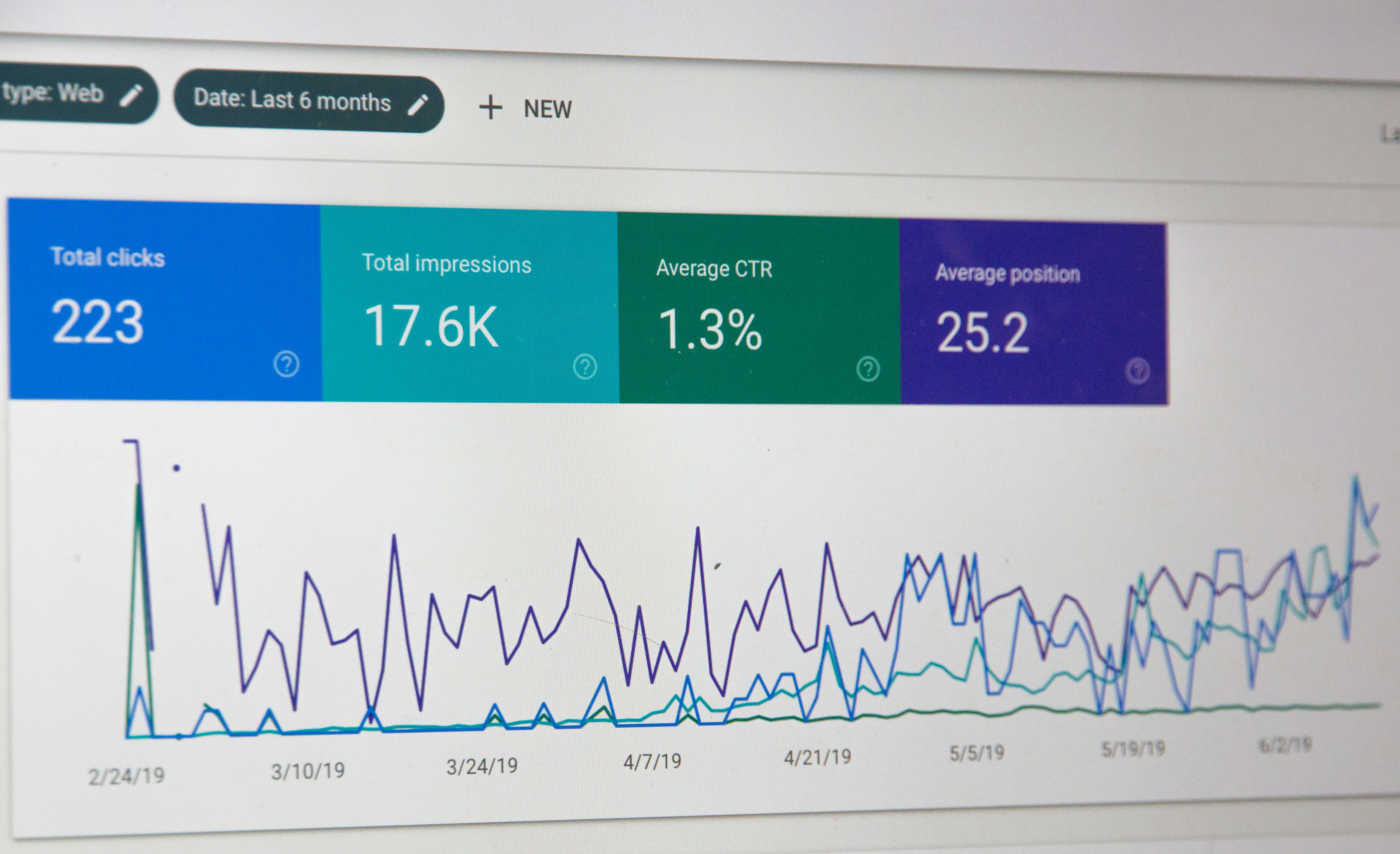Beyond Traditional Search: New Strategies for Digital Visibility
In today's rapidly evolving digital landscape, having an effective online presence is no longer just about ranking well on Google. As AI technologies advance and user search behaviors change, small businesses need to adapt their digital marketing strategies to stay competitive.
Traditional Search Engine Optimization (SEO) has been the cornerstone of digital marketing for years, but two emerging approaches are reshaping how businesses connect with potential customers online: Answer Engine Optimization (AEO) and Generative Engine Optimization (GEO).
Understanding the New Search Landscape
Traditional SEO: Still Foundational
SEO focuses on improving your website's visibility in search engine results through keywords, technical optimization, and quality backlinks. While essential, SEO alone may miss opportunities to address the growing demand for immediate, direct answers.
Answer Engine Optimization (AEO): Capturing Voice and Direct Queries
AEO targets featured snippets and voice search results by providing concise, direct answers to specific questions. With the rise of voice assistants like Siri and Alexa, optimizing for conversational queries has become increasingly important for local businesses.
Generative Engine Optimization (GEO): Building Authority for AI References
GEO is perhaps the most forward-thinking strategy, focusing on positioning your business as an authoritative source that AI platforms (like ChatGPT or Google Gemini) reference when generating responses. This approach is about creating content so valuable and well-structured that AI systems cite your business when answering relevant queries.
How Small Businesses Can Adapt
1. Implement a Question-Answer Content Structure
Restructure your website content to directly address common customer questions. Create FAQ sections with clear, concise answers that search engines can easily feature in snippets.
Action Step: Review your top service pages and add a structured FAQ section addressing the most common customer questions.
2. Use Schema Markup to Your Advantage
Schema markup helps search engines understand the context of your content, making it more likely to appear in featured snippets and direct answers.
Action Step: Implement LocalBusiness schema for your company information and FAQPage schema for your frequently asked questions.
3. Optimize for Conversational Search
Voice searches tend to be more conversational ("Where's the best coffee shop near me?") than typed queries ("best coffee shop downtown"). Adjust your content to match natural speech patterns.
Action Step: Create content that answers who, what, where, when, why, and how questions related to your products or services.
4. Establish Industry Authority Through Quality Content
Create in-depth, valuable content that positions your business as a thought leader. This increases your chances of being referenced by AI platforms.
Action Step: Develop comprehensive guides or case studies that showcase your expertise and provide valuable insights to your audience.
5. Maintain Consistency Across All Channels
A unified brand presence across your website, social media, and industry forums reinforces your credibility to both users and AI systems.
Action Step: Audit your online presence to ensure consistent messaging, branding, and information across all platforms.
The Unified Approach: Combining SEO, AEO, and GEO
The most effective strategy doesn't abandon traditional SEO but integrates it with these newer approaches:
Use SEO to optimize your core pages for relevant keywords and improve overall site authority.
Apply AEO to capture direct answers and voice searches through structured content and schema markup.
Develop GEO by creating authoritative resources that AI platforms will reference.
This multi-faceted approach ensures visibility across all search environments, from traditional results pages to voice assistants and AI-generated responses.
Measuring Success in the New Search Landscape
While tracking traditional SEO metrics (rankings, organic traffic) remains important, consider these additional measures:
Featured snippet appearances for key terms.
Voice search visibility for local queries.
Brand mentions in AI-generated content.
Direct traffic from question-based queries.
Moving Forward: Your Digital Visibility Strategy
As search continues to evolve, businesses that adapt quickly will gain a competitive advantage. The foundations remain the same—creating valuable content that answers customer questions—but the formats and optimization techniques must evolve with changing technology.
At Nexus Strategic Marketing, we help businesses navigate this changing landscape with tailored strategies that integrate traditional SEO with emerging approaches like AEO and GEO. Our Nexus90 process ensures your marketing strategy remains current and effective in capturing visibility across all search environments.
Ready to evolve your search strategy beyond traditional SEO? Contact Nexus Strategic Marketing today to learn how our tailored approach can help your business thrive in the changing digital landscape.



